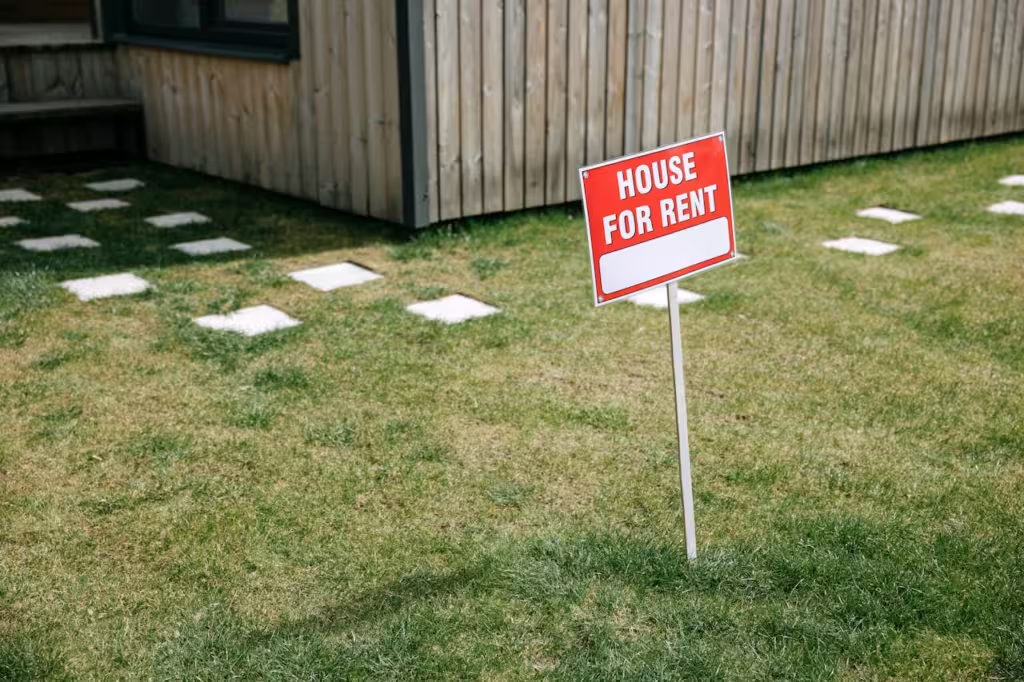For landlords, tenant safety should always be the highest priority, and electrical safety is a key component of maintaining a secure living environment. Faulty electrical systems can cause fires, injuries, expensive repairs, and legal liabilities. To help you manage this critical aspect of property maintenance, here are ten essential electrical safety requirements to consider.
1. Regular Electrical Inspections for Landlords
First and foremost, conduct regular inspections of the property’s electrical system by a qualified electrician. Experts recommend annual inspections to identify and address potential issues before they become hazardous.
2. Up-to-Date Wiring
Additionally, update the wiring in your property to meet current standards. Older wiring systems, such as knob and tube or aluminum wiring, pose significant safety risks and should be replaced.
3. Adequate Ground Fault Circuit Interrupters (GFCIs)
Moreover, install GFCIs in areas where water is present, such as kitchens and bathrooms, to protect against electrical shocks. Ensure they are functioning correctly to reduce the risk of electrocution.
4. Tamper-Resistant Outlets
Furthermore, install childproof outlets, also known as tamper-resistant outlets, to prevent children from sticking objects into them. These outlets are essential for homes with young children.
5. Smoke Detectors
In addition, install smoke detectors on every level of the property, inside bedrooms, and in hallways. Regularly test and replace the batteries to ensure they are in working order.
6. Carbon Monoxide Detectors
Similarly, install carbon monoxide detectors in properties with fuel-burning appliances, fireplaces, or attached garages. Test them regularly to ensure they are functioning correctly.
7. Proper Electrical Panel Maintenance
Equally important, keep the electrical panel accessible, well-labeled, and free from obstructions. This allows tenants and emergency responders to quickly identify and shut off the power in case of an electrical issue.
8. Outdoor Electrical Safety
Likewise, ensure outdoor electrical outlets and fixtures are in good condition and weatherproof. Protect exposed wiring and promptly repair any damaged outdoor electrical components.
9. Electrical Maintenance Protocols
Additionally, establish maintenance protocols to educate tenants on the safe use of electrical appliances and procedures for electrical emergencies. Provide contact information for reporting electrical issues promptly.
10. Prompt Repairs
Lastly, address electrical issues promptly to prevent minor problems from escalating into dangerous situations. Encourage tenants to report electrical issues immediately and have a reliable electrician on call to address these problems quickly.
In today’s modern world, electricity plays a vital role in our lives. However, it can also pose serious hazards if not managed with utmost care. Landlords hold a critical responsibility to provide a secure living environment for their tenants. By following these ten electrical safety requirements, you can significantly reduce the likelihood of electrical mishaps, safeguard your property, and prioritize the safety and well-being of your tenants. It is not merely a legal requirement but a moral imperative for conscientious landlords. For any electrical concerns, contact Point B Electrical Services for professional assistance.
*Go back to Point B Electrical Services home page…
*Discover the latest updates, promotions, and expert electrical tips by visiting Point B Electrical Services Facebook page today!


